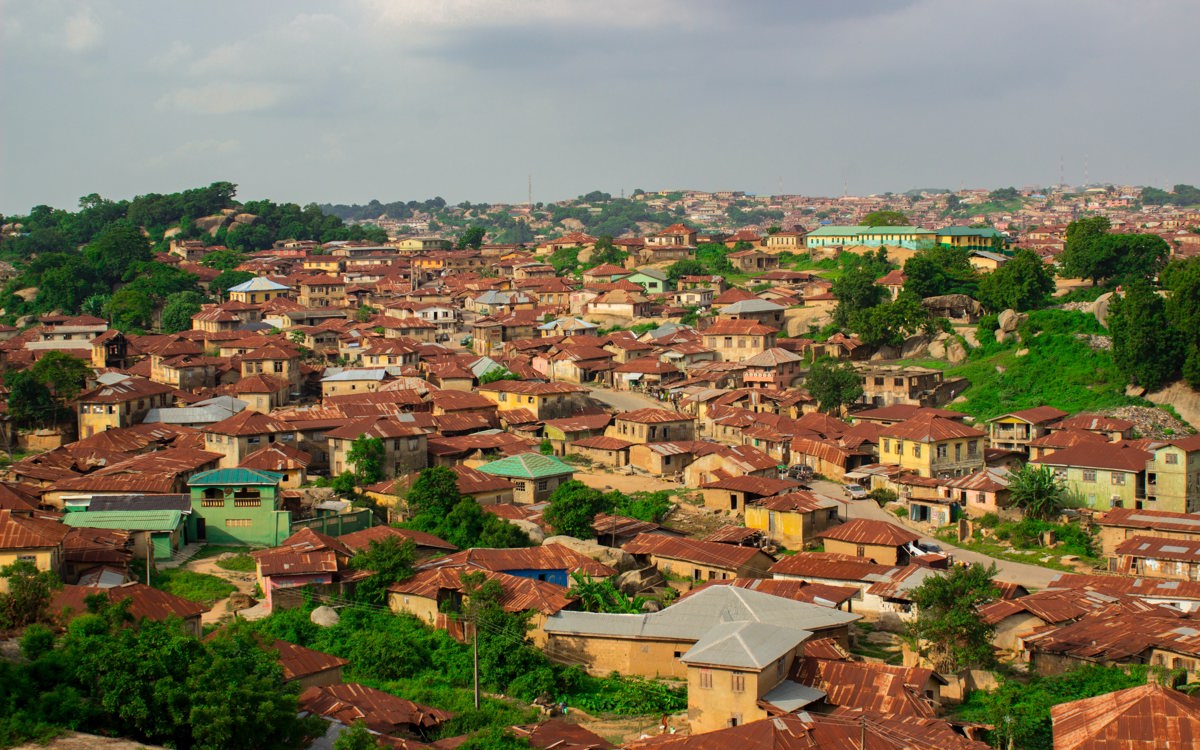By Dr Olumuyiwa Adegun


Dr Olumuyiwa Adegun
ACU: What originally inspired you to become a researcher in this field?
Olumuyiwa: My academic career began with two degrees in Architecture. In pursuit of my research interests, I enrolled for a Masters of the Built Environment, and later, a PhD. My PhD thesis explored the concept of just sustainability – the idea that social and environmental justice must be at the heart of sustainable development – and its implications at the intersection of green infrastructure and informal settlement interventions.
Since completing the PhD, I have taken my work further by exploring how green infrastructure can support climate adaptation in slums and informal settlements. My research is inspired and motivated by an interest in informing environmentally sustainable interventions to achieve a resilient future for informal urban settlements in sub-Sahara Africa (SSA). Informal settlements, and places regarded as slums, represent a significant portion of cities within SSA, both by population and territorial coverage. My work draws attention to these places, which are often overlooked.
ACU: What are you are trying to change in our world and why?
Olumuyiwa: By integrating socio-ecological considerations with climate adaptation strategies, my work addresses the environmental challenges associated with slums/informal settlements. It highlights why and how slum upgrading, intervention in low-income urban communities, and housing development can take place with little or no environmental impact while improving inter- generational environmental quality within communities.
My research advances the need for:
- Green infrastructure, especially vertical greening systems such as green walls, vertical farms, and green roofs. This is particularly important given the high density and poor soil conditions in many slums/informal settlements.
- Ecosystem restoration for nature-based solutions. The geographical locations of slums and informal settlements, often near streams, on low-lying riverbanks, within wetlands, on steep hillsides, servitudes, or buffer strips, make this aspect imperative.
- Incremental housing upgrading and retrofitting for energy efficiency and overall environmental quality.
ACU: What does the ‘just city’ look like for you?
Olumuyiwa: The 'just city' is one in which equity and fairness are entrenched. In the context of sub-Saharan Africa, this means gaps between the many poor residents (generally found in informal settlements and slums) and the few rich people (in the gated enclaves) are erased. It means that all inequalities – whether socio-economic, spatial, or environmental – are eliminated.
It is important to take the just city idea to the level of just sustainability. This involves the deliberate incorporation of social considerations into sustainability plans and projects to achieve both an ‘ecological balance’ and a ‘social balance’. This means that achieving human equality through justice for the present generation is of equal importance to achieving environmental quality through sustainability for future generations. In the context of African cities, this simply means that socio-economic imbalances are just as important and urgent as climate action.

ACU: What does the ‘just city’ look like for you?
Olumuyiwa: The 'just city' is one in which equity and fairness are entrenched. In the context of sub-Saharan Africa, this means gaps between the many poor residents (generally found in informal settlements and slums) and the few rich people (in the gated enclaves) are erased. It means that all inequalities – whether socio-economic, spatial, or environmental – are eliminated.
It is important to take the just city idea to the level of just sustainability. This involves the deliberate incorporation of social considerations into sustainability plans and projects to achieve both an ‘ecological balance’ and a ‘social balance’. This means that achieving human equality through justice for the present generation is of equal importance to achieving environmental quality through sustainability for future generations. In the context of African cities, this simply means that socio-economic imbalances are just as important and urgent as climate action.
